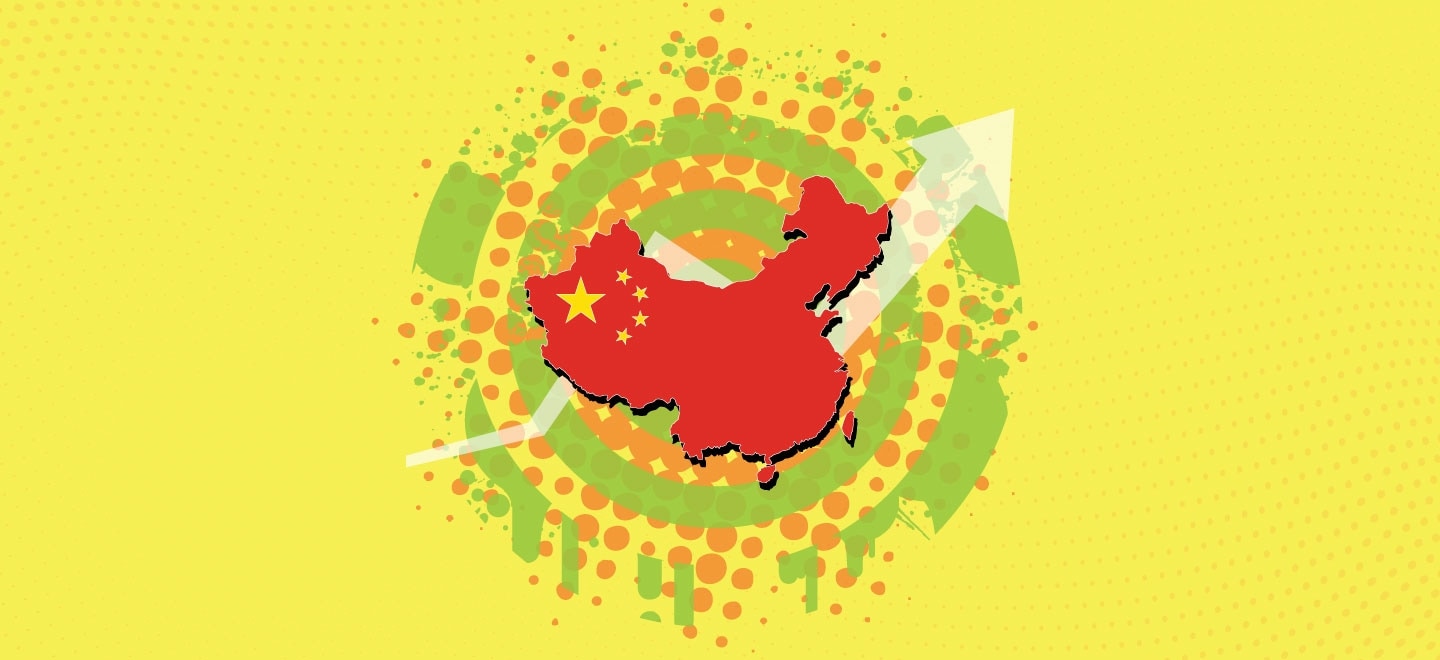
US-China economic relations monthly update Sources of trade disruption between the United States and China
4 minute read
27 May 2020
Deloitte shares US-China economic relations monthly updates. Explore recent updates on the latest news and trends involving US-China relations.
As businesses and investors await a global economic recovery, hopefully later this year, the economic relationship between the United States and China remains a focal point. Trade between the two countries, already under stress from the trade conflicts of 2018–19, has been disrupted by the coronavirus. This has involved limited supply of air cargo capacity, disruption of supply chains—first in China and then in the United States—and a growing concern that the United States will walk away from the trade deal that was reached in January.
Declining activity
Learn more
Learn how to combat COVID-19 with resilience
Explore COVID-19 Insights and resources
Explore the Economics collection
Learn about Deloitte’s services
Go straight to smart. Get the Deloitte Insights app
First, the pandemic has significantly disrupted trade between the United States and China. US exports to China were down 24% year over year in March, while imports from China fell 38% over the same period. Although port traffic in the greater Los Angeles area, the main point of entry for shipments coming from Asia, was better than expected in April, port officials expect shipments to slump again in the next two months. Cancellations at the port amount to roughly 25% of normal activity, with other ports in California also reporting sizable cancelations for May and June. As China emerged from its February lockdown, many exporters were able to fulfill more orders headed for the United States in April. However, those orders were likely placed before the pandemic caused a lockdown and a sharp decline in aggregate demand in the United States. Moreover, some of those orders reflected increased demand for medical equipment and supplies. In contrast, the latest sub-index for export orders, reported as part of the Purchasing Managers’ Index for Chinese manufacturing, suggests that exports are likely to remain weak in the months to come. This reflects weakening demand in the rest of the world, including the United States.
Capacity constraints and shipping costs
The fall in demand around the world, along with the ongoing trade tensions between the world’s two largest economies, are likely the main reasons for the decline in sea shipping costs. The Baltic Dry Index, which measures the cost of shipping goods by container ship, fell more than 40% between April 20 and May 18. At the same time, the cost of shipping by air is surging, with costs nearly quadrupling for airfreight between China and the United States. Passenger planes account for about half of all air cargo shipments, which are put in the belly of the plane. The decline in passenger air travel has consequently reduced capacity for air cargo and driven prices higher. Indeed, air cargo capacity was down 22.7% from a year earlier in March. Many small products, such as mobile phones, are often transported by air rather than ship. Inadequate air cargo capacity has caused disruption to supply chains in some industries. Going forward, it is likely that demand for passenger air travel will rebound only slowly as consumers and business travelers remain wary of health risks. Thus, there could be a prolonged period in which air cargo capacity remains limited. The alternative of sending goods by container ship will mean longer lead times.
Troubled trade truce
Also, the phase-one trade deal between the United States and China looks to be on shaky ground. China’s pledge to import an additional US$200 billion worth of goods and services from the United States by the end of 2021 was always ambitious. Now that we are in what appears to be the worst global economic downturn since at least the Great Depression, these trade targets may be even more difficult to achieve. US goods exports to China in Q1 were about 25% lower than they were during the first three months of 2017, the reference year for the trade agreement. However, it will not be possible to confirm whether China has made good on its import promises for 2020 until the last of the trade data is released in early 2021.
The trade agreement could easily end sooner. US president Donald Trump recently blamed China for the pandemic and threatened to sue Chinese officials or refuse payment on the US Treasuries China holds. The US Commerce Department issued more stringent guidelines for companies that do business with Chinese technology companies, and China, in turn, said it could target large US companies in retaliation.
The US administration’s rhetoric may just be bluster during an election year when the economy is struggling. However, the language used by the US administration appears more vague than definitive, leaving the door open to retain the trade deal. It likely helps that the US business community mostly wants to continue to have access to China’s 1.4 billion consumers, particularly while the US economy is mired in recession. Even if the trade agreement endures, tensions between the two countries are likely to remain high. A recent Pew survey shows Americans are increasingly skeptical of China. Trump’s opponent in the upcoming election, former vice president Biden, has upped his criticism of China, suggesting that tensions between the two countries are not necessarily dependent on the outcome of the upcoming election.
The economic relationship between the United States and China is one of the most important in the global economy. Troubles in that relationship, whether generated by the coronavirus or by political tensions, could create risk for global growth and potential obstacles for global companies.
© 2021. See Terms of Use for more information.
Explore more on economics
-
US Economic Forecast: April Update Article5 years ago
-
Unlocking the lockdown: Asia Pacific’s road to recovery Article5 years ago
-
Canada Economic Outlook Article5 years ago
-
US policy response to COVID-19 aims to set the stage for recovery Article5 years ago
-
A view from London Article1 week ago
-
Timely insights to inform your agenda Daily Executive Briefing4 years ago













